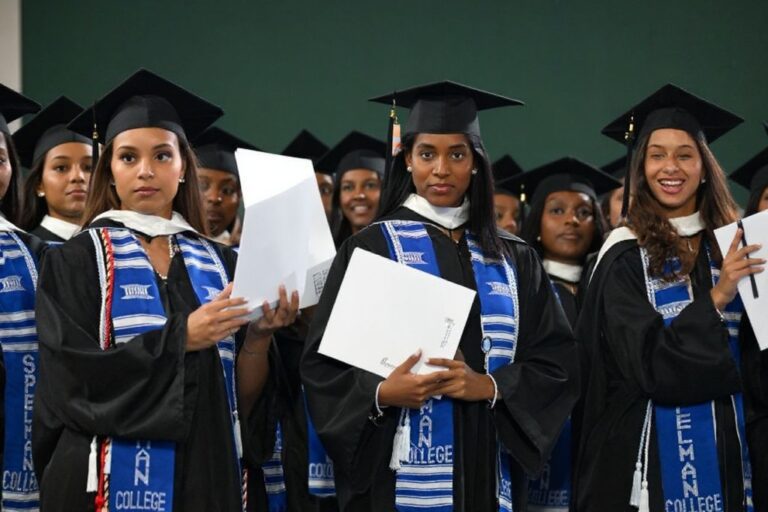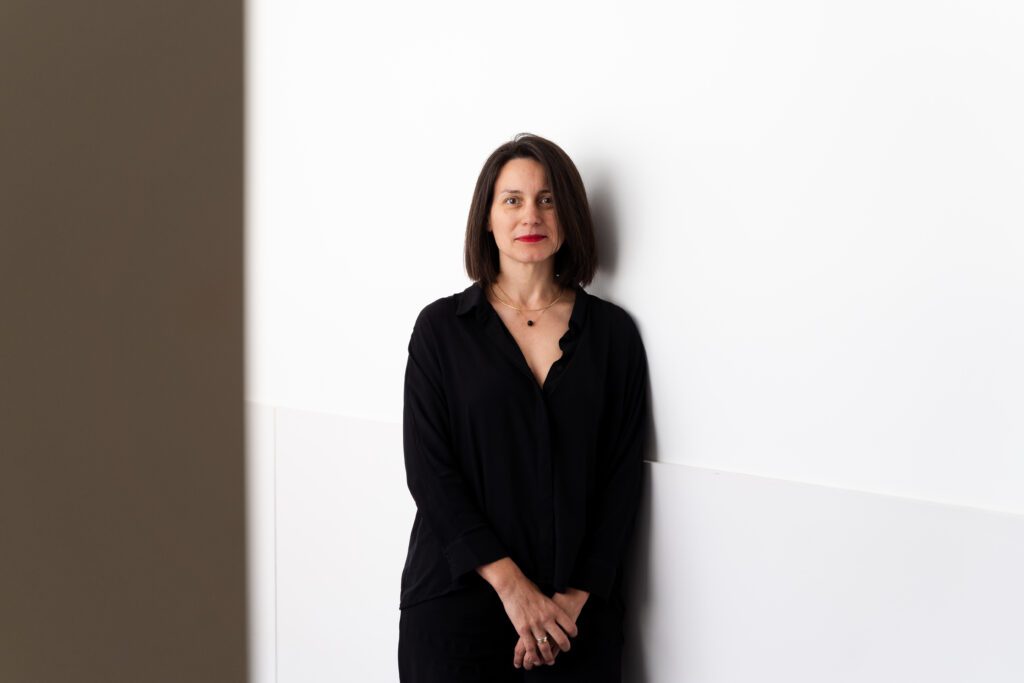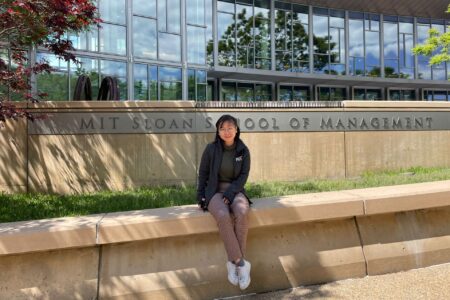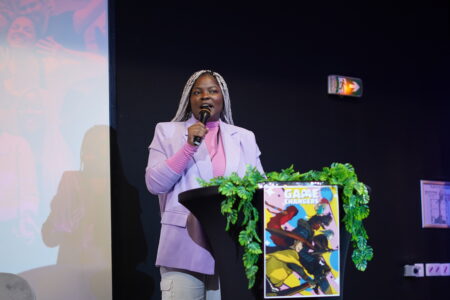
Between platforms like YouTube offering free content on business principles and Coursera providing online courses that start at US$49 to sharpen your business acumen, it really makes you start to wonder: is an MBA worth it anymore?
The current job market hasn’t been kind to many, and recently, even MBA graduates — once the business leaders and experts whom everyone wanted in their company — aren’t spared.
Only 71% of corporate recruiters intend to hire MBA graduates, according to a 2024 Graduate Management Admission Council (GMAC) study — that’s down from 92% in 2019.
And it’s caused by many reasons: hiring managers are looking for niche or technical skills as opposed to general management, competition is high when nearly every school worldwide offers the programme, or these business fundamentals are being replaced by AI.
The job market is the least stable it’s ever been, and many companies can’t afford to hire at higher salaries.
“An MBA isn’t a ‘golden ticket’ that will automatically admit you to higher-paying jobs with bigger responsibilities,” Liza Kirkpatrick, Assistant Dean of Career Services at the Kellogg School of Management at Northwestern University, writes on the Harvard Business Review. “It takes passion, proactivity, and hard work to expand your knowledge and skills.”
Yet, over 250,000 students around the globe have still chosen to pursue MBAs, even though it’s no longer a guarantee of career advancement.
That begs the question we’ve been asking all along: is an MBA truly worth it?
Five graduates answer: ‘Is an MBA worth it?’

Butler is a first-generation college student who’s just about to graduate with an MBA in Milan, Italy. Source: Tyler Butler
Tyler Butler
Graduated from: Sustainability Management School (SUMAS)
Located in: Milan, Italy
When Butler began pursuing his MBA in sustainability management, he found the core courses quite similar to the principles he’d gained throughout his four years studying undergraduate business in his home country, the US.
But two things stood out: the diversified perspective and practical opportunities.
“It’s given me a different perspective from a new country and location, because the EU definitely interpret sustainability a lot differently than we do,” he says.
Butler is one of the only people in his programme to hop straight into an MBA after graduating with his bachelor’s degree. “It’s a lot of working professionals who are taking this course, maybe later – maybe they don’t have any background in sustainability, maybe they have some.”
He gained practical experiences on a much larger scale than his undergrad, working on projects he knows he’ll remember forever.
“I got to work with a company last semester, one of the biggest hospitality groups in the world, and we got to do a full environmental report and audit for them,” says Butler. “A lot of us practising in this field will probably go on to do something similar.”

Magda Seifert
Graduated from: Porto Business School
Located in: Senhora da Hora, Portugal
When Seifert decided to pursue the International MBA at PBS, she had many things on her plate. She co-founded a non-profit cultural organisation to promote the dissemination and study of architecture. She’s on the executive board of Porto Design Biennale, an event that debates design from diverse perspectives, and even joined an art school’s research centre.
Therein came the issue: having to juggle multiple executive roles.
“As someone from an architecture background, I needed to develop skills in managing teams, plan strategically, and make informed financial decisions,” she says. “I wanted to lead projects and organisations more effectively.”
At PBS, Seifert would build a strong foundation in business practices, the lack of which led to her struggle working in an architecture office with all of its complexity. “The MBA helped me get important skills in leadership, finance, and operations, all of which were crucial for my work at ESAD Idea and beyond,” says Seifert.
So, is an MBA worth it? Seifert, despite her creative background, would certainly say yes.
“A cultural project also needs a balanced business judgement,” she says. “It helps to reinforce the importance of clear communication and vision in guiding processes and projects – from small to big scale.”

González Ángel’s decade in the US didn’t pan out the way she hoped, but she still emerges with fulfilment and success. Source: Ana María González Ángel
Ana María González Ángel
Graduated from: United States University
Located in: California, US
Getting an MBA doesn’t necessarily mean you’re cushioned in your job.
Just ask González Ángel, a holder of two master’s degrees and a PhD. She was a thriving scientist in a healthy work environment in the biotechnology and genomics industry, but decided to pursue an 18-month MBA programme with the determination to further her career growth.
But one year in, despite positive performance reviews, González Ángel was laid off. “I loved my job. I was very happy there and I could see myself growing in the company,” she says.
The layoff would spur Ángel to apply for the green card, a permanent resident card in the US, since she was eager to contribute to the genomics industry. But with a 16-month waiting period and constant job rejections since companies were unwilling to sponsor her work visa, González Ángel decided it was best to return home.
It wasn’t the be-all or end-all, however, and González Ángel would realise that while conversing with a friend from her undergraduate days.
“My MBA learnings kicked in – I was talking to him about the aspects of running a business – and I realised that this was a conversation I wouldn’t have had two years ago before my MBA,” she says. It struck her then that, for all the setbacks, her decade abroad was still worth it.
“You can’t plan for life, but I do plan to find fulfilment in my professional and personal life, and that can be found anywhere,” says González Ángel.

For Kwati, pursuing an MBA wasn’t just about the higher salary and global network. Source: Kennedy Baboloki Kwati
Kennedy Baboloki Kwati
Graduated from: Asia School of Business (ASB)
Located in: Kuala Lumpur, Malaysia
There was a misconception about MBA programmes planted into Kwati’s mind: “When I was applying for an MBA and talking to people around me about it, they told me that I wasn’t going to learn anything from an MBA, that MBAs were just for networking,” says Kwati.
While MBA programmes often come with global networks – and for Kwati, especially within ASB’s multi-block residential facility – it’s far from being all there is to learn.
“I came in as a blank check, and I wanted to see what I could get out of it,” he says. “And I think a beautiful canvas has come out of my time here.”
Coming from a non-profit background, Kwati felt drawn to ASB’s Action Learning Projects as a way to improve his understanding and skills within the for-profit space. The programme allows you to tackle business challenges hands-on with companies in Malaysia and the rest of Southeast Asia.
Through his Action Learning Project in Vietnam, Kwati was able to build expert-level knowledge of financial derivatives, modelling, hedging, and risk management.
“Within four to five weeks, we basically became experts in each of these areas, and then helped the client to develop a financial model and made it make sense to the board,” says Kwati. “But because the board doesn’t operate at the level of detail, we had to abstract the technical project and present it as a strategy, which was very challenging.”

Ong, originally from the Philippines, founded a live storytelling show after getting her MBA degree in Singapore. Source: Anna Ong
Anna Ong
Graduated from: INSEAD Business School
Located in: Ayer Rajah Avenue, Singapore
There was a point in Ong’s banking career where she felt like she’d hit the ceiling. “I was already the head of a team, but I was too young to be promoted, and I was already reporting to the company’s CEO,” she says. “So I was feeling stuck.”
The truth is, Ong was far from stuck. She just needed the right push to reach greater heights.
That push would arrive in the form of an MBA programme.
“The thought of quitting my full-time job and returning to school was scary. But at that point in time, I had no idea that getting an MBA would be transformative,” says Ong. “It helped me level the playing field and gave me the confidence I needed.”
Today, Ong is an entrepreneur and the founder of What’s Your Story Slam – Singapore’s biggest live storytelling show, a consultancy to help participants become better communicators.
“Getting an MBA helped me on my journey to becoming an entrepreneur as I learned how to prioritise and manage my time wisely,” she says. “It forces you to make the right choices and allocate your time to do what you must.”










